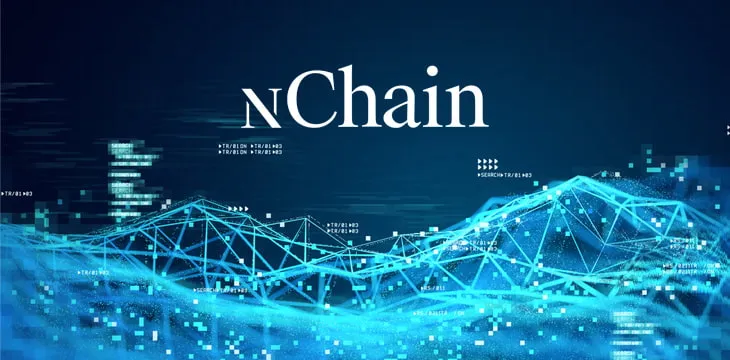|
Getting your Trinity Audio player ready...
|
Blockchain research and development firm nChain wants to make its vast library of intellectual property as accessible as possible. It recently launched the nChain Knowledge Base, an online record of its patent portfolio designed to inspire large and small application builders and other blockchain researchers.
What makes the nChain Knowledge Base different from other patent search sites is the effort the company has put into presenting the information in a useful way. One of the most prominent R&D houses in the blockchain space, nChain has since 2015 put over 400 licensable inventions in the public domain. As new patents appear, they will be added to the Knowledge Bass. The collection includes patents that have been granted in various jurisdictions, as well as applications still being reviewed.
nChain conceived the concept over a year ago. Fourteen researchers, including Senior Researcher Dr. Michaella Pettit, spent three months compiling and explaining the information in nChain’s patent portfolio, which was then passed to the build team in Slovenia, to create the website.
Speaking to CoinGeek, nChain Licensing Chief Science Officer Owen Vaughan said he wanted to emphasize that a database like this has never been created and published online before. While it’s possible to search patents using services like Google Patents, the information is presented in a very bare-bones and technical way, usually just the patent itself. nChain’s Knowledge Base has a more user-centric approach, with human-readable descriptions and summaries of their claims, including possible use cases and keywords, and groups of “patent families” that cover similar topics.
The Knowledge Base will be “one of nChain’s flagship tools that we want everyone to use,” he said, adding that he welcomes everyone to take a look at the site and suggest possible improvements for future versions.
In the R&D world, there’s a tendency for teams at large commercial entities to keep patent portfolio information largely obscured or at least difficult to understand. Few prominent technology firms have created centralized and indexed repositories of their IP. This could be motivated by an institutional sense of protectiveness, as potential ammunition in legal challenges, or due to the resource costs of presenting the information in a user-friendly manner. nChain prefers a different approach.
“This is a very bold, innovative move by nChain. There’s nothing out there like this in the industry,” Vaughan said. “Anyone could do it, but people don’t do it. And we’re doing it for really positive reasons, which is we really want people to understand what we’re doing, make it accessible, and for them to be inspired by it and to create the best products because we’re really proud of the portfolio and we think there’s a lot of value in there.”
For developers looking to use one of nChain’s patents, the site features a quick and easy way to determine their licensing level and apply for a license. For hobbyist-level developers, it’s often free, and there are tiered options for businesses and other organizations depending on their size. Researchers can simply read and reference the information available with clear guides—for scientists who’d rather understand topics and find out what the company is working on rather than having to figure it out for themselves by reading through volumes of patent text.
Although the Knowledge Base is intended as a public resource, even nChain employees have found it useful. Vaughan said he personally reviews it to refresh his understanding of certain concepts and processes and finds it interesting to see how use cases and interpretations have changed over the years. nChain may add other peripheral information to the Knowledge Base in the future as well.
Watch: Using modern advances in cryptography to enhance data privacy with nChain’s Owen Vaughan

 08-08-2025
08-08-2025 





